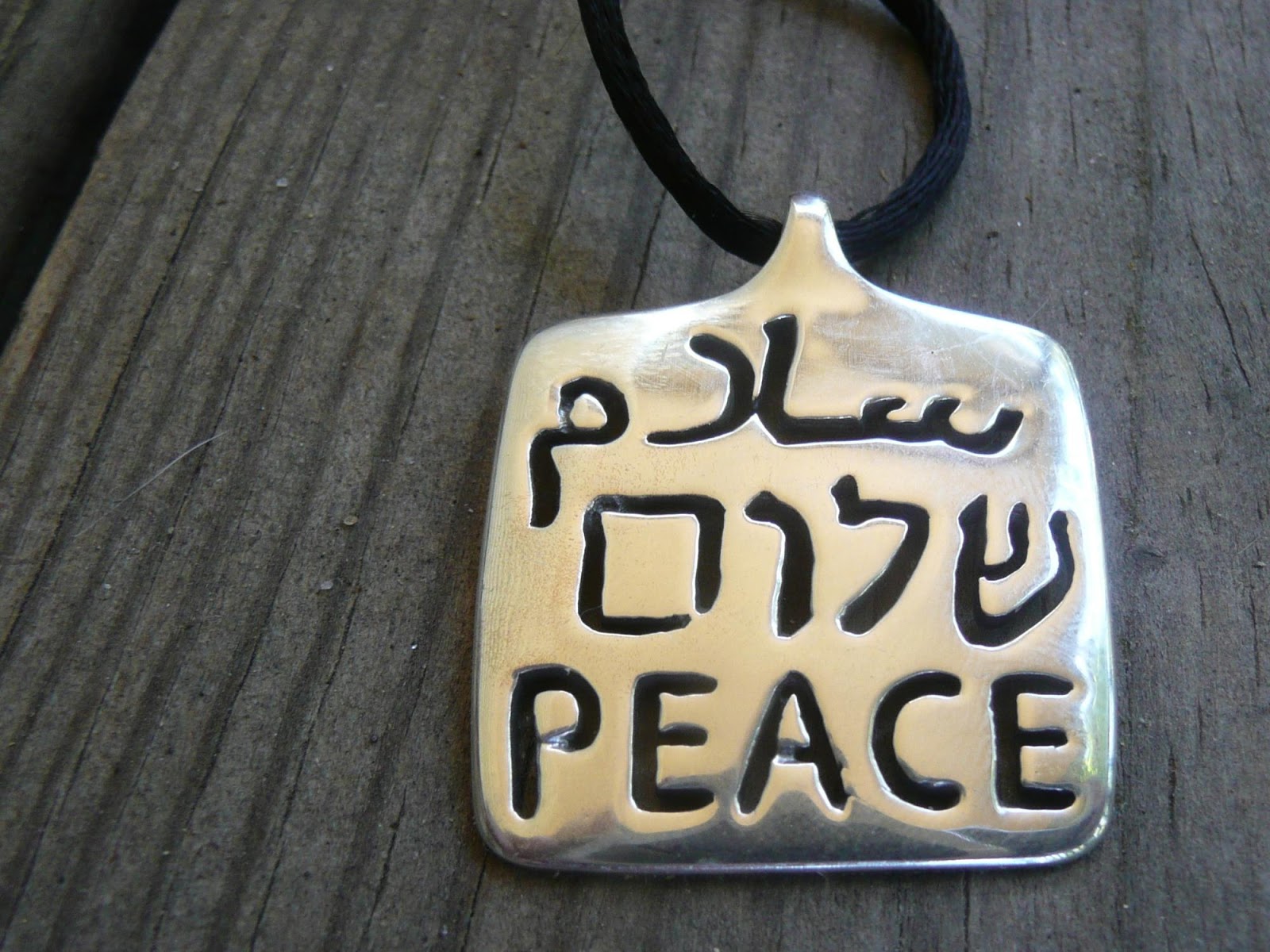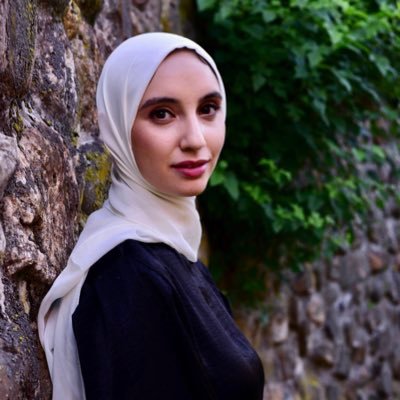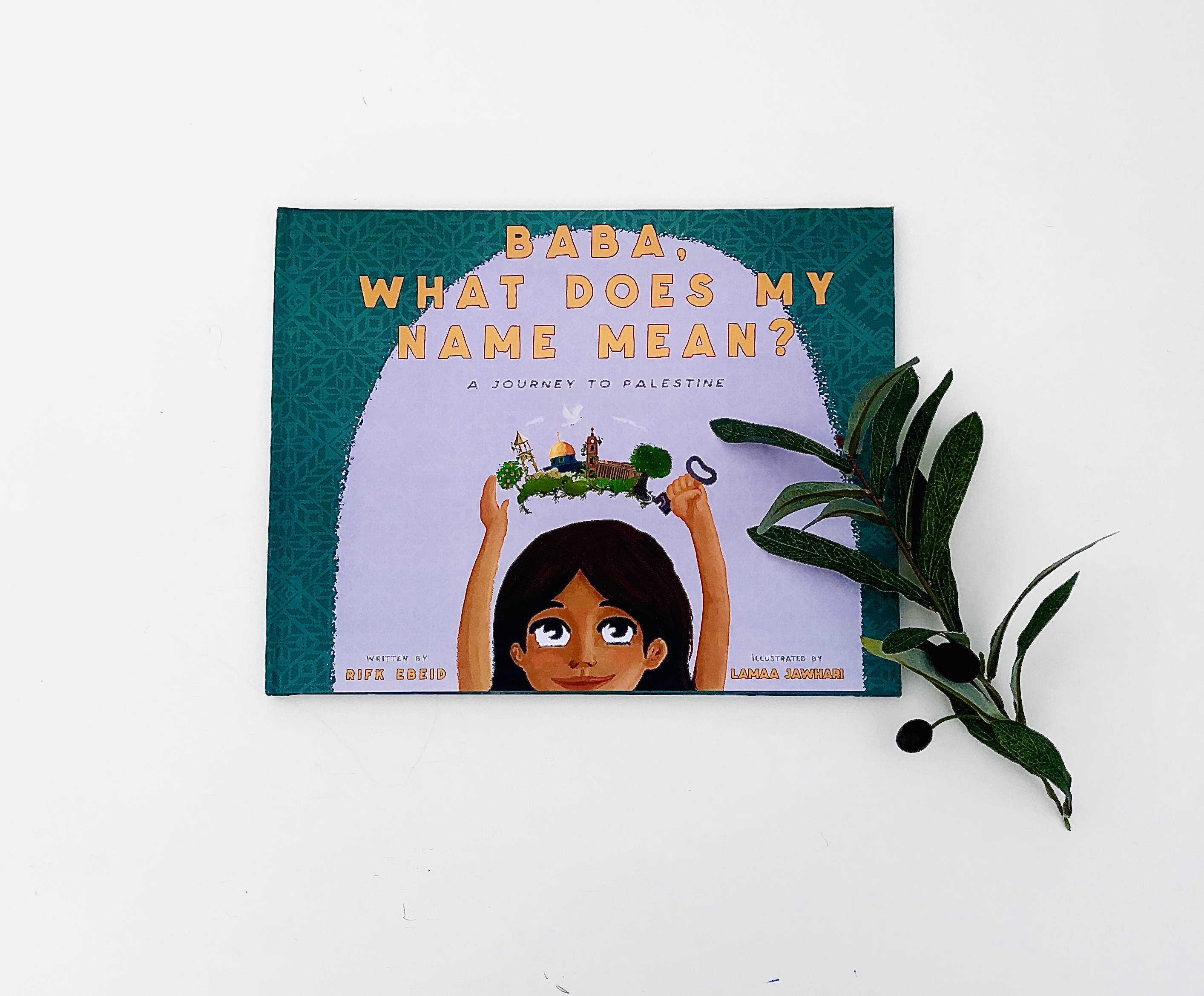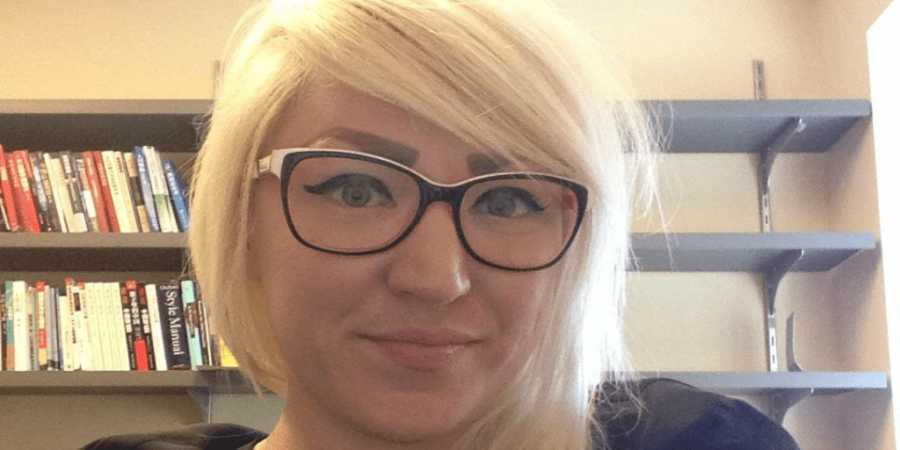On many occasions and in many spaces, interfaith work has gotten a bad rap. “It’s all kumbaya and touchy feely stuff,” one friend told me. Another lamented, “People talk and talk, but nothing ever gets accomplished.” And my favorite dismissal of interfaith work is that it preaches to those already converted. My own experience has been profoundly different.
Six years ago a Muslim friend approached me and asked if I’d like to join a Muslim-Jewish women’s interfaith group. As a stay-at-home mother with older children, I had the time to invest but carried no expectations. “What the hell,” I thought, “it will get me out of the house and at the very minimum, maybe I’ll make a Jewish friend.” Meeting this group of six Muslim and six Jewish women turned out to be a transformative experience. I fell in love. The Jewish women were funny and smart and became big sisters and mentors to the Muslim members. We would begin our meetings trying to discuss complex faith concepts, like the roles of women in mosques and synagogues or gender roles at times of births, marriages and death, but we spent much of our discussion time exclaiming, “Us too. We do that!” Our words were similar – Sadaqua in Arabic and Tzedakah in Hebrew both mean charity. The customs of a conscripted mourning period, circumcision for newborn boys, dietary laws, facing a prescribed direction to pray, and multiple daily prayers were all similar. I realized that these women were my spiritual tribe.
In the intervening six years I’ve learned that my friend Sheryl, one of the Jewish women from our group, puts on an Iftar dinner that I, a self-proclaimed Martha Stewart wanna-be, could never hope to replicate. I have learned that you do not pay a visit to sit Shiva on a Friday night as it results in a worried homeowner who thinks her home is being burgled. Sitting Shiva is a week long period of mourning following a loved one’s death. During this time, family gathers in the home to receive visitors, and etiquette dictates that visitors are not received on Friday when family traditionally attends Shabbat services. So, repeatedly banging on the front door on a Friday night scares the daylights out of the homeowner and mourner who has decided not to attend evening services. I have learned that the old adage is true – that we are more alike than we are different.
My interfaith group flourished beyond the original twelve women as husbands, children and parents were drawn into our circle. We celebrated births, weddings and graduations together, and we mourned deaths together. Our group has developed its own traditions. My teenage sons whose lives unfortunately revolve around their sports, video games and friends, don formal attire without a complaint when we all go to Sukkot dinner. Our shared Iftar dinners are an unexpected blend of cultures and cuisines. Iftar dates are dipped in chocolate and served on a platter beside M&M’s and Hershey Kisses. Hummus is scooped up with both pita bread and Indian naan. We are waging peace and breaking down stereotypes one family at a time. But these grass-root ripples of affinity were still not the gatherings where I felt the true power of interfaith.
Our group was so successful that soon friends and relatives who had heard about our dinner parties and discussions asked to join. The demand so great that a national organization was born–The Sisterhood of Salaam Shalom was officially created in 2013. Currently there are 20 chapters throughout the United States, and the mission statement reads that the group hopes to build trust, respect and relationships, and to eradicate acts of anti-Muslim and anti-Jewish sentiment. Last weekend the organization held its second annual conference in Princeton, NJ, and it was the largest gathering of Muslim and Jewish women in the United States. Those of us who live in the area opened our homes to out-of-town guests, and a lovely young Jewish woman from Chicago was billeted to my house. As we drove home from a pre-conference reception, I asked her how she enjoyed the evening. She replied with a smile that she was asked on five separate occasions if she was Muslim or Jewish. Her response struck a chord.
In Interfaith dialogue there are many narratives that discuss the “Other.” This group of self-selected, educated and curious women could not identify the faith of a woman who was not wearing a kippuh or a hijab. How can you hate the Other when she is so similar to you that you cannot even identify her? The Others on both sides laughed, ate and had kumbaya moments that night. And the process of waging peace continues.
[separator type=”thin”]
Nausheena Bhayat is part of the original Sisterhood of Salaam Shalom chapter. She currently serves on their board as their treasurer. Nausheena has previously published articles in AltMuslimah under her maiden name.
Photo Source: Susan Katz Miller at On Being Both





